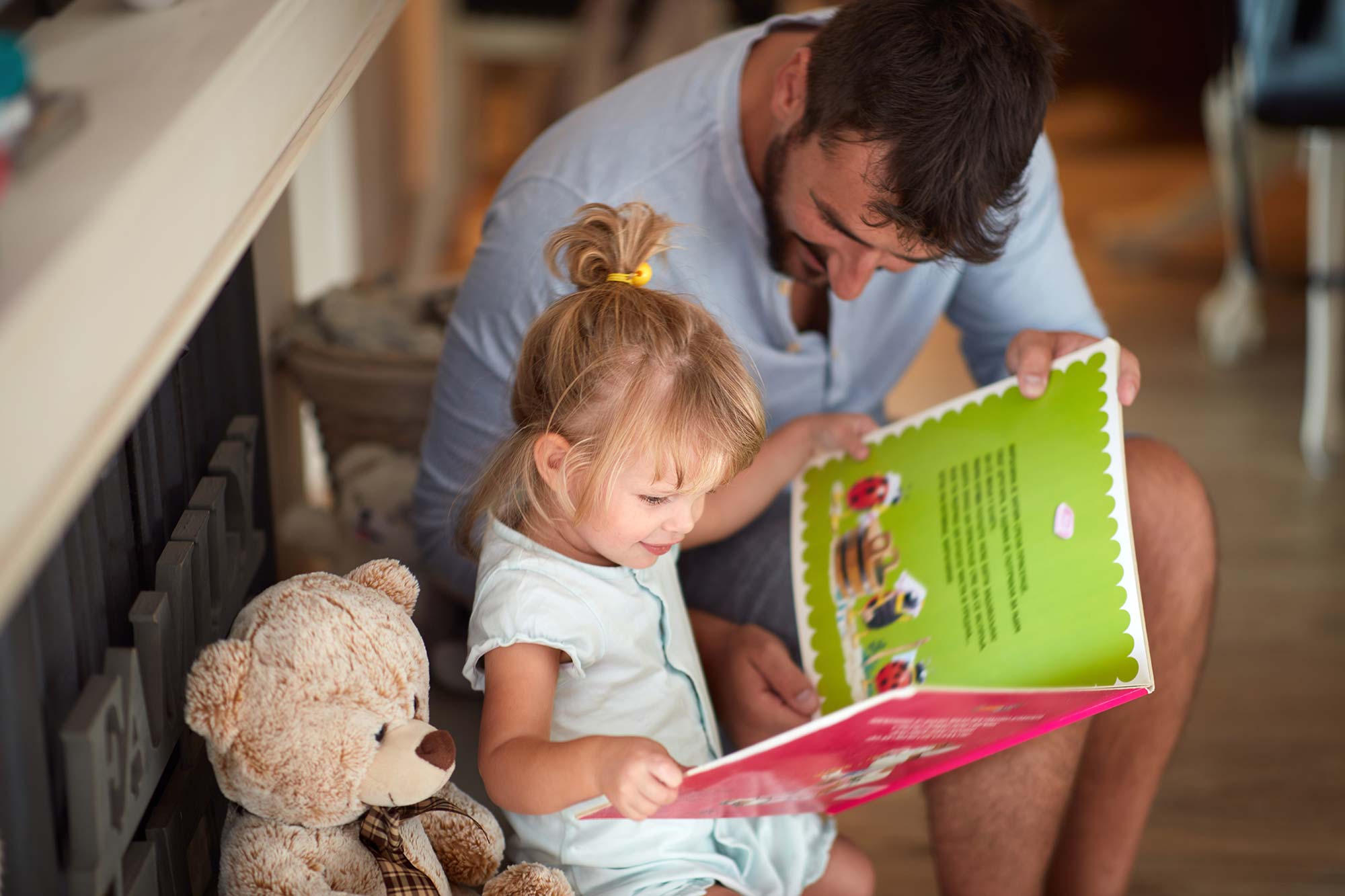Try out WriteStories free for 7 days!



.svg)
Back to blog
Blog
Unlocking Every Child’s Voice: How WriteStories Empowers Children with Special Needs

Category
Neurodivergent Families
Date
May 23, 2025
Reading time
5 min read
Author

Bob Wood
At Scriptive, we believe every child has a story worth telling—especially those with special learning needs. Whether a child experiences dyslexia, autism spectrum disorder (ASD), ADHD, or other developmental challenges, storytelling can become a powerful way to express thoughts, build confidence, and grow literacy. That’s why our WriteStories platform is intentionally designed with inclusive functionality that supports children of all abilities.
Writing as a Bridge to Learning
According to the International Literacy Association, storytelling is one of the earliest forms of learning. For children with special needs, however, traditional writing assignments can feel intimidating or inaccessible. WriteStories removes these barriers by focusing on creative expression first, not perfect grammar or spelling.
“Children with developmental disabilities often respond positively to multimodal learning experiences,” notes Dr. Annette Karmiloff-Smith, a cognitive scientist specializing in learning development. “Storytelling that integrates images, choice-making, and voice can be transformative.”
How WriteStories Helps
Here’s how WriteStories is built to support learners with diverse needs:
- 🎤 Voice-to-Text Input: Children can dictate their story ideas using their voice—helping kids with dysgraphia, motor difficulties, or ADHD stay engaged without the stress of typing.
- 🖼️ Visual Story Prompts: Our platform offers sequential illustrations that provide structure while sparking imagination—perfect for visual learners or children with autism who thrive on pattern and clarity.
- 🔤 Font and Color Customization: Change text size, font type, and color to reduce visual stress or accommodate children with dyslexia or visual processing disorders.
- ✨ Nonlinear Story Creation: Kids can build their story one image or scene at a time. This flexible approach mirrors how many children with ADHD or executive functioning differences process thoughts—by leaping into the “middle” of an idea before organizing the whole.
The Power of Narrative for Neurodiverse Children
Narrative writing builds more than just language skills. According to the National Center for Learning Disabilities, storytelling strengthens:
- Executive functioning (organizing ideas, planning)
- Emotional regulation (processing feelings through story arcs)
- Perspective-taking (seeing through characters’ eyes)
Children with autism, in particular, may benefit from using stories to rehearse social situations, express emotions, or explore empathy—all in a safe, creative space.
One Story at a Time
When a child with special needs finishes their own digital story on WriteStories, something magical happens. They don’t just develop writing skills—they build self-efficacy. That “I did it!” moment is what Scriptive is all about.
Let your child explore their unique voice through storytelling.
Try WriteStories on Scriptive.us today—where every child becomes an author, no matter how they learn.










